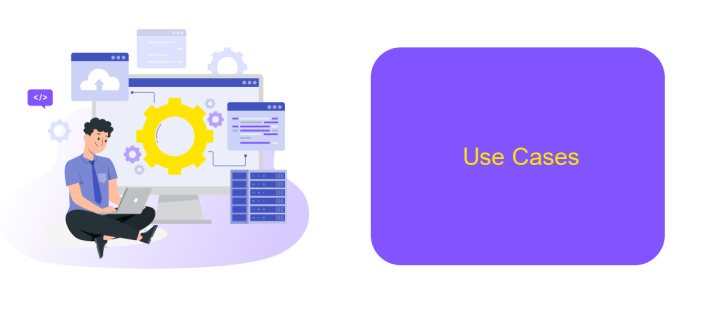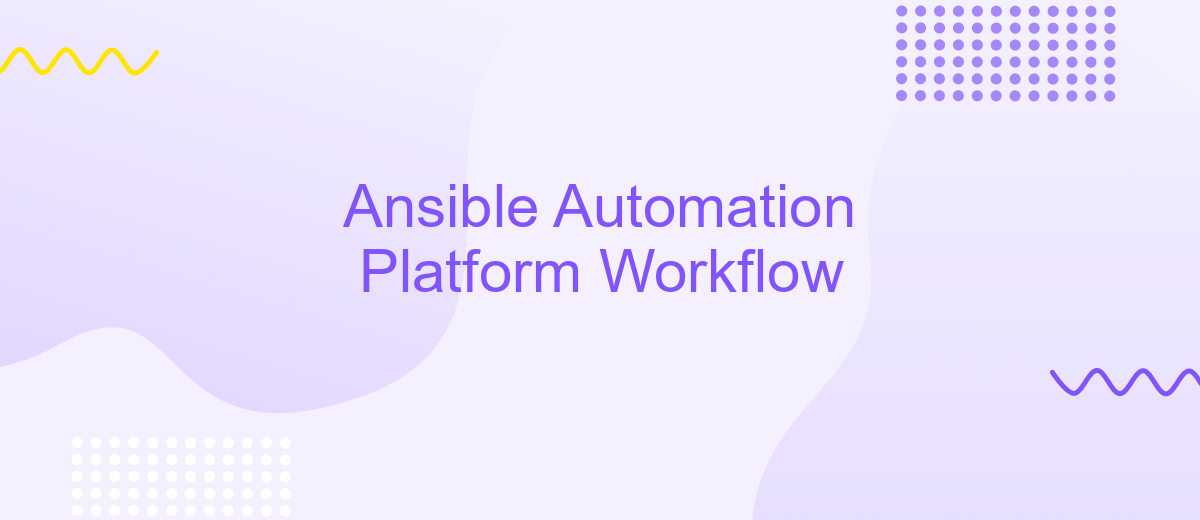Ansible Automation Platform Workflow
Ansible Automation Platform Workflow is a powerful tool designed to streamline and simplify IT automation processes. By orchestrating complex tasks and integrating seamlessly with various systems, it enables organizations to enhance efficiency, reduce errors, and achieve consistent results. This article explores the key features, benefits, and practical applications of Ansible Automation Platform Workflow in modern IT environments.
Introduction
Ansible Automation Platform Workflow is a comprehensive solution designed to streamline and simplify IT automation. It provides a framework for orchestrating complex processes, ensuring consistency and efficiency across various environments. This platform is ideal for organizations looking to automate repetitive tasks, manage configurations, and deploy applications seamlessly.
- Centralized Automation: Manage all automation tasks from a single control plane.
- Scalability: Easily scale automation efforts as your infrastructure grows.
- Integration: Seamlessly integrate with other tools and services, such as ApiX-Drive, to enhance automation capabilities.
- Flexibility: Customize workflows to meet specific organizational needs.
By leveraging Ansible Automation Platform Workflow, businesses can achieve greater operational efficiency and reduce the risk of human error. The platform's ability to integrate with services like ApiX-Drive allows for automated data transfers and process synchronization, further enhancing the overall automation strategy. Whether you're managing a small IT environment or a large-scale enterprise infrastructure, Ansible Automation Platform Workflow offers the tools needed to optimize your operations.
Key Features

Ansible Automation Platform Workflow offers a comprehensive solution for automating IT tasks, streamlining processes, and enhancing operational efficiency. One of its key features is the intuitive visual dashboard that allows users to design and manage complex workflows with ease. This user-friendly interface supports drag-and-drop functionality, enabling even non-technical users to create and oversee automation tasks without extensive coding knowledge. Additionally, the platform provides robust role-based access control, ensuring that only authorized personnel can modify or execute specific workflows, thereby enhancing security and compliance.
Another standout feature is its extensive integration capabilities. Ansible Automation Platform seamlessly integrates with a wide array of third-party tools and services, including ApiX-Drive, which facilitates the connection and synchronization of various applications and systems. This integration capability allows for the automation of cross-platform tasks, reducing manual intervention and the risk of errors. Furthermore, the platform supports comprehensive logging and reporting features, offering detailed insights into workflow performance and helping organizations to continuously optimize their automation strategies.
Benefits

Ansible Automation Platform Workflow offers significant advantages for organizations looking to streamline their IT operations. By automating repetitive tasks, it reduces the potential for human error and frees up valuable time for IT professionals to focus on more strategic initiatives. Additionally, the platform's ability to integrate with various systems ensures seamless operations across different environments.
- Efficiency: Automating routine tasks leads to faster execution and higher productivity.
- Consistency: Standardized processes reduce the risk of errors and ensure uniformity across deployments.
- Scalability: Easily manage and scale operations as your infrastructure grows.
- Integration: Tools like ApiX-Drive facilitate smooth integration with other services, enhancing workflow automation.
- Cost Savings: Reduces the need for manual intervention, lowering operational costs.
By leveraging Ansible Automation Platform Workflow, organizations can achieve greater operational efficiency and reliability. The integration capabilities, especially with services like ApiX-Drive, enable a more cohesive and automated IT environment, ultimately leading to improved performance and reduced costs.
Use Cases

Ansible Automation Platform Workflow offers a versatile solution for automating complex IT tasks and processes. It provides a streamlined approach to managing and orchestrating various IT operations, making it an essential tool for organizations seeking efficiency and reliability in their workflows.
One of the primary use cases for Ansible Automation Platform Workflow is in the realm of continuous integration and continuous deployment (CI/CD). By automating the deployment process, organizations can ensure that their applications are consistently and reliably updated without the need for manual intervention. This not only speeds up the deployment process but also reduces the risk of human error.
- Automating cloud infrastructure provisioning and management
- Streamlining software updates and patch management
- Integrating with services like ApiX-Drive for seamless data synchronization
- Orchestrating security compliance and audits
Another significant use case is in the area of IT service management. Ansible Automation Platform Workflow can automate routine tasks such as user provisioning, password resets, and system monitoring. By integrating with tools like ApiX-Drive, organizations can achieve seamless data flow between various systems, ensuring that all components of their IT infrastructure are synchronized and up-to-date.


Pricing and Licensing
Ansible Automation Platform offers a flexible pricing model designed to cater to various organizational needs. The subscription-based pricing is divided into different tiers, allowing businesses to choose the plan that best fits their scale and automation requirements. Each tier includes access to essential features, with higher tiers providing advanced functionalities, support, and additional resources. The platform's licensing is straightforward, ensuring that organizations can easily scale their automation efforts without hidden fees or complexities.
Moreover, integrating Ansible Automation Platform with other tools and services can enhance its capabilities. For instance, ApiX-Drive offers seamless integration solutions that can help streamline workflows and automate processes between Ansible and various other applications. This integration capability ensures that businesses can maximize their automation potential while maintaining a cohesive and efficient operational environment. The combination of flexible pricing, clear licensing, and robust integration options makes Ansible Automation Platform a comprehensive solution for modern IT automation needs.
FAQ
What is Ansible Automation Platform Workflow?
How do I create a new workflow in Ansible Automation Platform?
Can I integrate external services with Ansible Automation Platform Workflow?
How do I handle errors in a workflow?
Is it possible to schedule workflows to run automatically?
Apix-Drive will help optimize business processes, save you from a lot of routine tasks and unnecessary costs for automation, attracting additional specialists. Try setting up a free test connection with ApiX-Drive and see for yourself. Now you have to think about where to invest the freed time and money!

